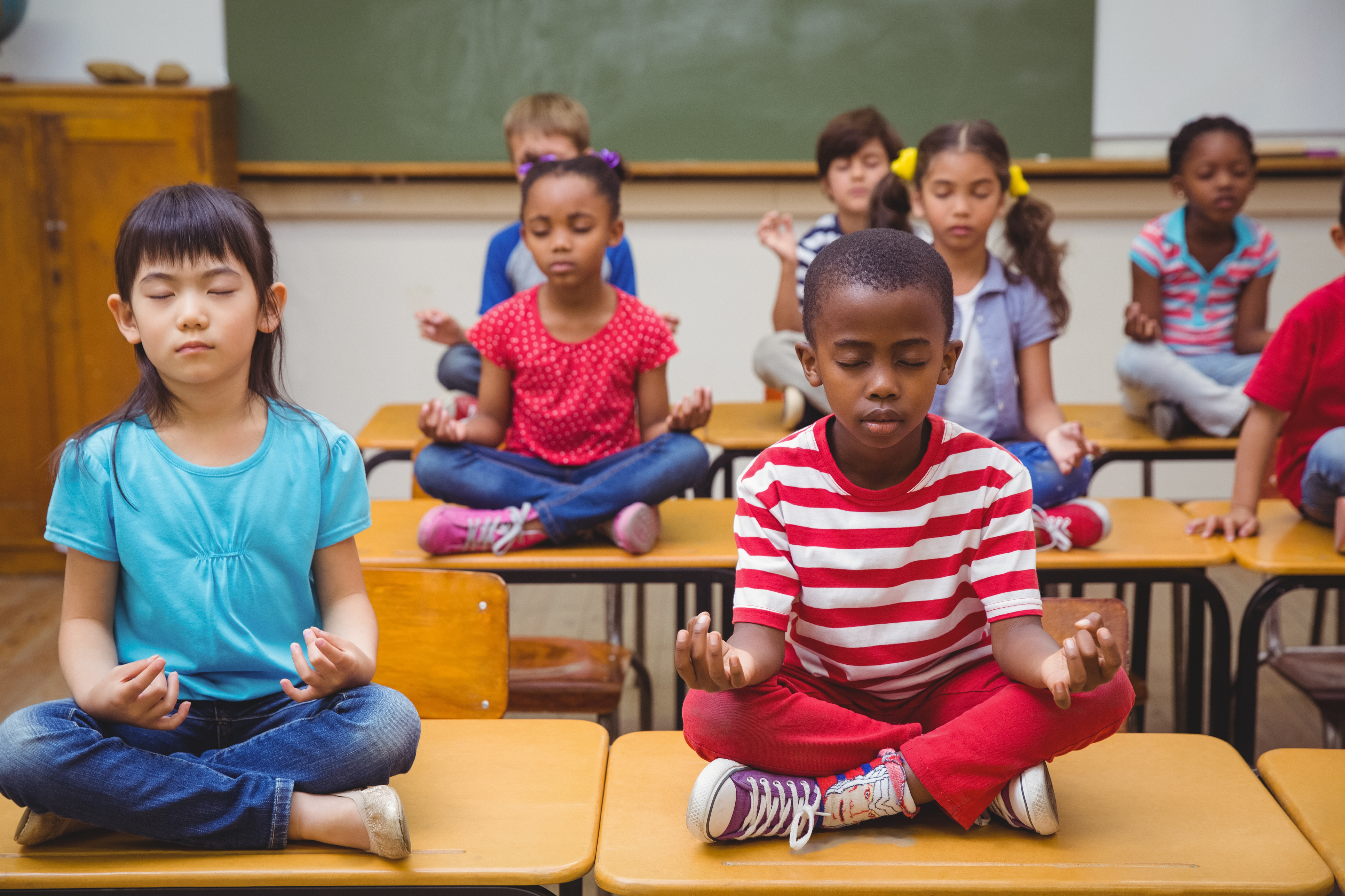Friday, August 17, 2018

As more and more students are plagued with chronic stress, learning how to manage and understand emotions are essential to promoting student success in school and future employment. Social-Emotional Learning (SEL), also called whole child education, is an evidence-based approach that teaches children how to manage emotions, set and achieve positive goals, feel and show empathy for others, establish and maintain positive relationships and make responsible decisions.
Advances in the understanding of neuroplasticity offer an unprecedented opportunity to profoundly impact students’ social-emotional outcomes. Research shows that SEL interventions in schools can positively impact students. A meta‐analysis of 213 controlled studies of school‐based, universal SEL programs involving more than 270,000 students (kindergarten through high school) found that SEL participants demonstrated significantly improved social and emotional skills, attitudes, behavior and academic performance that reflected an 11‐percentile‐point gain in achievement.
These impacts can be long-lasting: A meta-analysis of 82 research studies involving more than 97,000 students found that, up to 18 years later, students who experienced SEL in school continued to do better than their peers in a number of indicators, including positive social behaviors and attitudes, skills such as empathy and teamwork and academic performance.
In the education space, stress, anxiety and violence are more prevalent than ever. According to the National Center for Educational Statistics, “in 2015, about 21 percent of students ages 12–18 reported being bullied at school during the school year.” Programs that improve the learning environment by reducing bullying and other traumatizing behavior can thus be very valuable. An example of such a program is MindUp, a curriculum and framework used to increase positive behavior, scholastic performance while also enhancing empathy, optimism and compassion. Here MindUp’s Kim McNatt discusses the program at a past BrainFutures conference.
In a recent article, The Future of Education Depends on Social-Emotional Learning, Giancarlo Brotto, SMART Global Education Strategist, states, “The development of these skills has shown overall positive results, including better academic performance, improved attitudes, behaviors and relationships with peers, as well as deeper connection to school, fewer delinquent acts and reduced emotional distress (student depression, anxiety, stress and social withdrawal).”